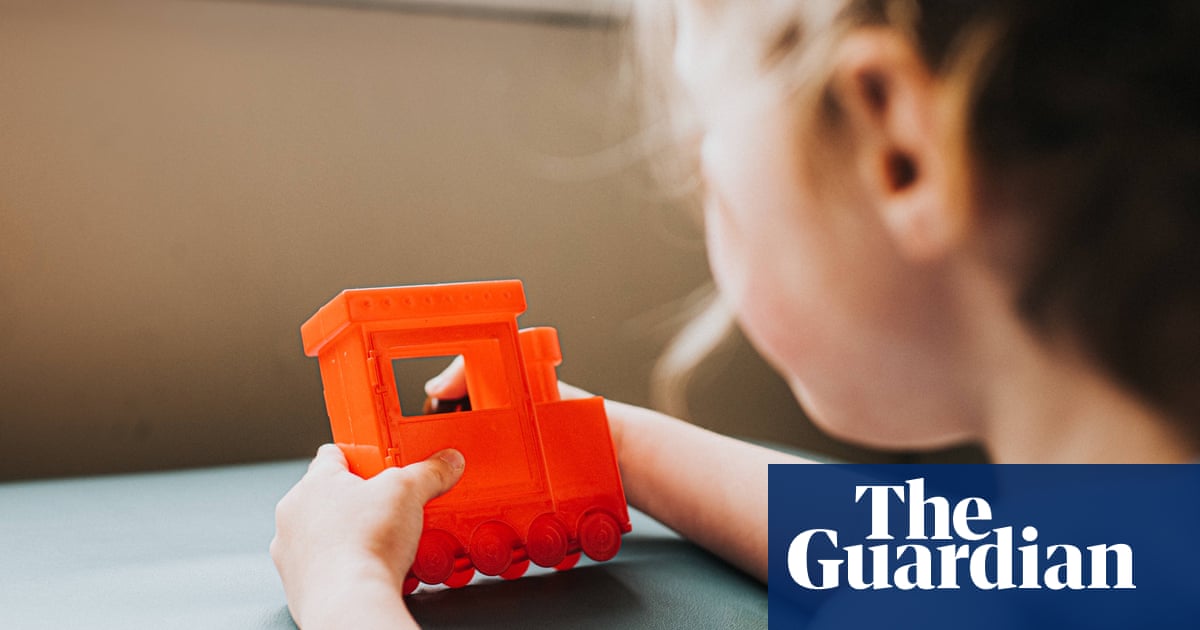Studies find red, blue and green plastic decomposes into microplastic particles faster than plainer colours
Retailers are being urged to stop making everyday products such as drinks bottles, outdoor furniture and toys out of brightly coloured plastic after researchers found it degrades into microplastics faster than plainer colours.
Red, blue and green plastic became “very brittle and fragmented”, while black, white and silver samples were “largely unaffected” over a three-year period, according to the findings of the University of Leicester-led project.
The scale of environmental pollution caused by plastic waste means that microplastics, or tiny plastic particles, are everywhere. Indeed, they were recently found in human testicles, with scientists suggesting a possible link to declining sperm counts in men.



Sure, but the impact would be less bad if you have the same amount spread over a longer time.
It’s the same impact. It’s the same amount of microplastic it just takes longer. If I give you the choice of 100 beans today or 1 bean each day for 100 days it’s still 100 beans. The total impact is identical it just takes longer.